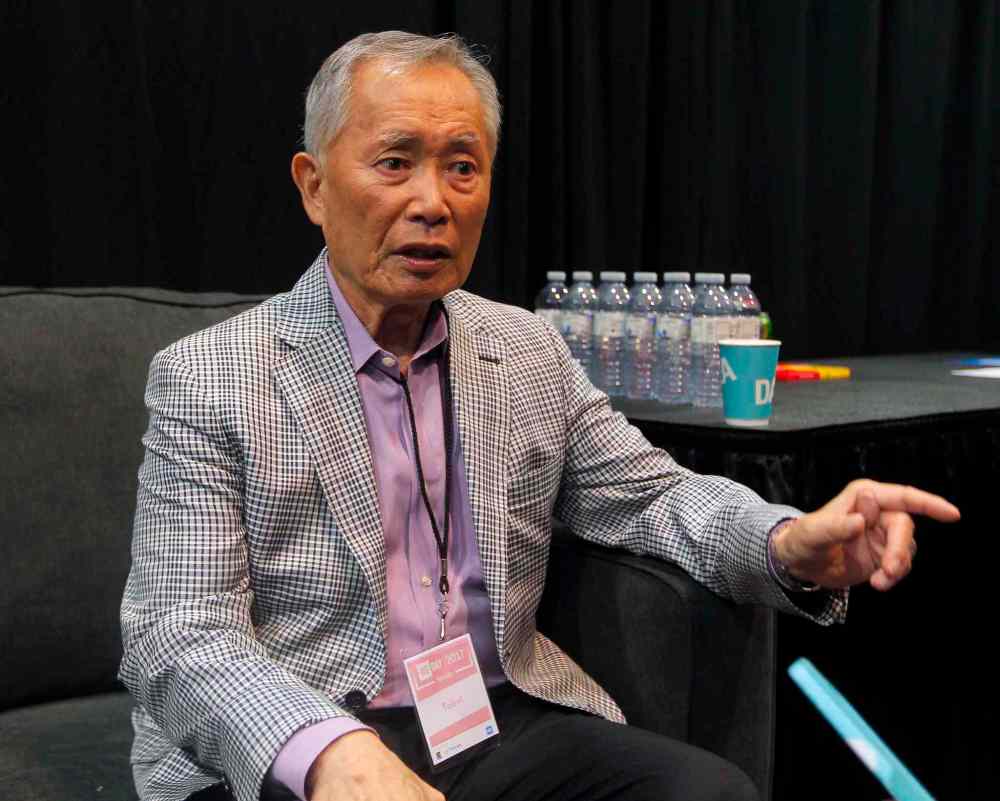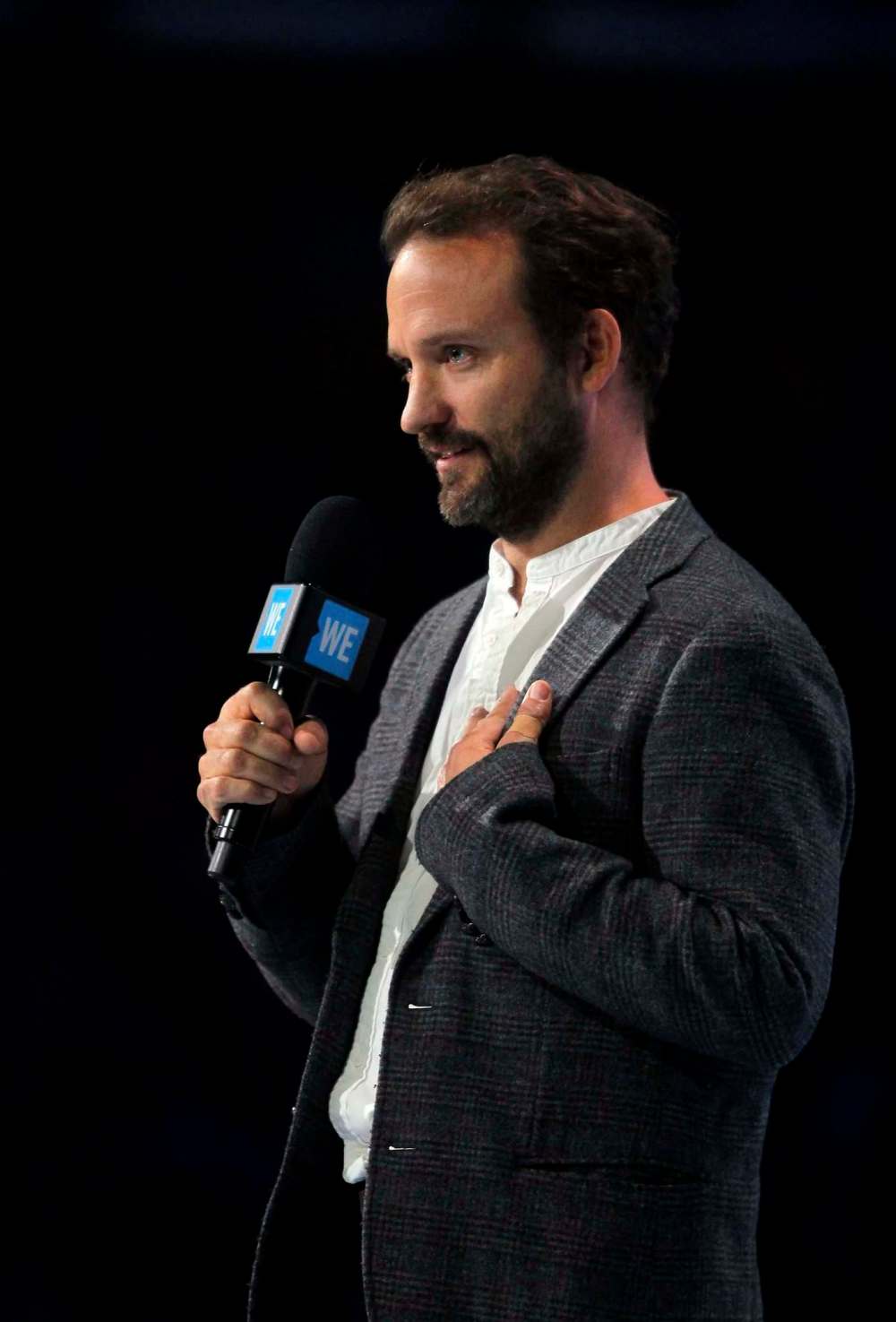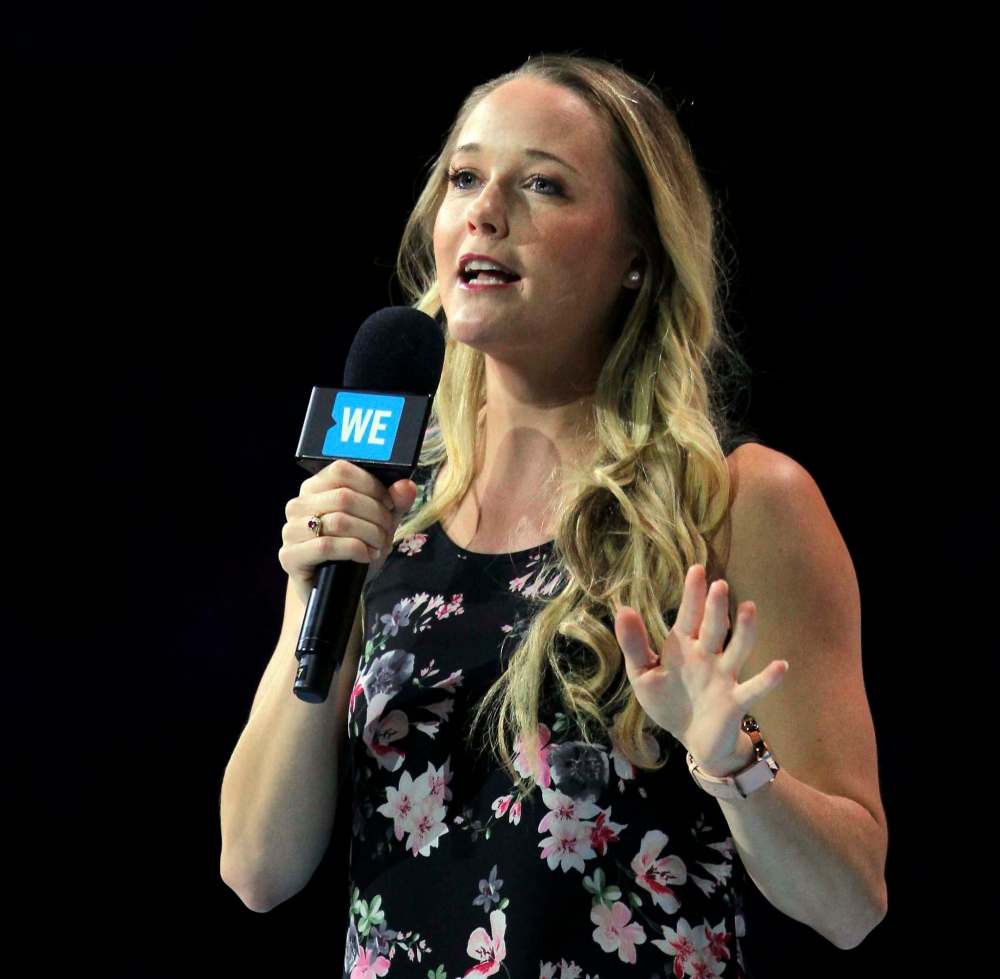Youth movement
Students get inspired, and inspire, at We Day
Advertisement
Read this article for free:
or
Already have an account? Log in here »
To continue reading, please subscribe:
Monthly Digital Subscription
$1 per week for 24 weeks*
- Enjoy unlimited reading on winnipegfreepress.com
- Read the E-Edition, our digital replica newspaper
- Access News Break, our award-winning app
- Play interactive puzzles
*Billed as $4.00 plus GST every four weeks. After 24 weeks, price increases to the regular rate of $19.95 plus GST every four weeks. Offer available to new and qualified returning subscribers only. Cancel any time.
Monthly Digital Subscription
$4.99/week*
- Enjoy unlimited reading on winnipegfreepress.com
- Read the E-Edition, our digital replica newspaper
- Access News Break, our award-winning app
- Play interactive puzzles
*Billed as $19.95 plus GST every four weeks. Cancel any time.
To continue reading, please subscribe:
Add Free Press access to your Brandon Sun subscription for only an additional
$1 for the first 4 weeks*
*Your next subscription payment will increase by $1.00 and you will be charged $16.99 plus GST for four weeks. After four weeks, your payment will increase to $23.99 plus GST every four weeks.
Read unlimited articles for free today:
or
Already have an account? Log in here »
Hey there, time traveller!
This article was published 26/10/2017 (3009 days ago), so information in it may no longer be current.
It’s just before 10 a.m. and already, the bass is pounding at Bell MTS Place. Kids wearing neon T-shirts are jumping up down to Top 40 hits; later they’ll be shouting, “Speak truth to power.”
This is We Day.
Part pop concert, part social justice rally, We Day is a free arena-sized event held annually in cities across North America by We Charity (formerly Free the Children), founded by Marc and Craig Kielburger. On Wednesday, 16,000 students and educators from 475 Manitoba schools packed the arena to hear inspiring, engaging and galvanizing words from celebrities, humanitarians, activists and their fellow students.
The students also were there to celebrate their own accomplishments. Students can’t buy tickets to We Day; instead, they must earn their way into the arena through their participation in the We Schools program, working on one local and one global cause of their choosing. During the 2016-17 school year, Manitoba students volunteered more than 225,000 hours and raised more than $630,000 as part of initiatives tackling a range of big social issues — including hunger, poverty and bullying.
“We exist to make doing good doable,” We Charity co-founder Craig Kielburger said when he addressed the hyped crowd at the beginning of the day, riffing on We’s official slogan.
Backstage, the Free Press caught up with three of this year’s speakers.
GEORGE TAKEI

Takei, 80, is the Japanese-American actor who played Sulu on the original Star Trek — but a new generation of fans knows him as one of the funniest people on social media. He has earned 10 million likes on Facebook and 2.6 million followers on Twitter for his hilarious and incisive political commentary. He’s a tirelessLGBTQ* activist and a Japanese internment camp survivor.
· On xenophobia: Right after Japan bombed Pearl Harbor, people started to look at us with suspicion, fear and outright hatred simply because we looked like the people who bombed Pearl Harbor. We’re Americans. My mom was born in Sacramento (Calif.). My father was a San Franciscan. My siblings and I were born in L.A. The country was swept up with hysteria. Even the attorney general of California, who later went on to become a great liberal man, made an outrageous statement — primarily because he was ambitious, he wanted to run for governor. And he saw that the “lock up the Japanese” issue was the most popular political issue. As attorney general, “We have no reports of spying, or sabotage, or fifth-column activities by Japanese-Americans — and that is ominous because the Japanese are inscrutable. You can’t tell what they’re thinking. So it would be prudent in the name of national security to lock them up before they do anything.” The absence of evidence was the evidence. The soldiers showed up at our home one morning and, literally at gunpoint, ordered us out of our home.
· On democracy: When I was a teenager, we had many after-dinner discussions with my father. I read civics books trying to find out something about (the treatment of Japanese-Americans) and I learned about the shining ideals of our democracy. And I couldn’t reconcile it. I was an idealistic teenager and some of those discussions with my father got very heated, because there’s no one more arrogant than idealistic teenagers. I’d say, “Daddy, I would have organized my friends from school and gone downtown and protested. Why didn’t you protest, Daddy? It was wrong.” I gave him a rough time. But from him, I learned about our democracy. We are fallible human beings,and that same fallible human being is capable of doing great things. Our democracy is existentially dependent on people who cherish those ideals and actively participate, actively engage, in the process of democracy.
· On social media: When I first came across it, I thought it was a fantastic medium. I could talk to people in the Czech Republic, someone in Singapore or someone in Buenos Aires. The town square is now global. I can write something and hear back immediately — it’s a fantastic system. But I’ve been rethinking that. Now we’re seeing the other edge of the sword. We started seeing fragile, sensitive teenagers being bullied and made to feel worthless and they do horrible things to themselves — and it was happening on a global scale. Our adversaries can feed us lies anonymously and affect our democracy. It’s not one-man-one-vote anymore. It can be a dangerous form of communication, as well as a wonderful tool for global community building. We need to be aware of the two edges that cut both ways.
ALEXANDRE (SACHA) TRUDEAU

Trudeau, 43, is a documentary filmmaker, journalist and the author of the best-selling travel memoir Barbarian Lost: Travels in the New China. He is also the son of the late prime minister Pierre Elliott Trudeau and younger brother of current prime minister Justin Trudeau.
· On getting out there: I guess the message is good for everyone, in the sense we come from a very privileged country and it’s important to understand that by going out to places that are less fortunate and putting ourselves out of our comfort zones — whatever that is. Be not just the source of compassion but the object of it, to receive the charity of others — that’s what real travel is about for me. You don’t even have to leave the country. You just need to go to a place where you’re off-kilter and you have to find a new way.
· On compassion and storytelling: You’ve got to love people to tell a story about them. I’ve made two political films and I consider myself a humanist, a pacifist, and the message I try to get across is how bound we are to the people of the planet, and despite the crazy situations I tend to describe in my work, people have the same pursuit of dignity everywhere. That’s the road to compassion and the road to wisdom. You don’t get that stuff from staying home. You get it from losing yourself.
· On curiosity: I don’t think there’s anything more important than being curious as a young person. Curiosity is precisely what leads us to reach across differences and try to understand things that are very different from us. That’s one of the essential pieces of compassion: interest in people and things we don’t understand.
SARAH WELLS

Wells, 27, is a Canadian Olympic hurdler and motivational speaker, as well as the founder of the Believe Initiative, a movement aimed at empowering youth by showing them it’s OK to fail, fall down and experience setbacks on the road to achieving their dreams. In 2011, Wells developed a stress fracture to her femur that almost knocked her out the 2012 Olympic Games in London. Not only did she compete for Canada, she finished as an Olympic semi-finalist.
· On perseverance: I had an injury the year before the Olympics, sat out for nine months,and came back — and with only six months to go. I had never even come close to Olympic standard before — it seemed so very impossible that this was ever going to come true. On my very first day of training, I got “believe” tattooed to my wrist. I was like, “I’m going to make this happen. I’m smarter, I’m stronger, I’m more motivated than I’ve ever been.” After countless months of thinking about quitting, I got back up. I made the choice to believe in myself.
· On advocating for yourself: As a young person — hearing a person of authority, or someone who is older or bigger than you — you just assume they have the right answer. I had some of the people closest to me, even my own mother, say, “Let’s remain realistic, it’s already an impossible dream.” It’s about choosing to respectfully ignore that negativity and making your own fairy tale. And that means defining what success means to you. It doesn’t have to be what someone told you it should look like.
· On where resilience comes from: I think it comes from repetition of obstacles. As a hurdler, I literally overcome obstacles for a living. Once you face one thing and you don’t think you’re going to make it through — and then you do and it’s like, “OK, look at what I’ve overcome.” And then the next thing comes your way and you don’t think you’re going to make it through, and then it’s “OK, look at the two things I’ve overcome.” Resilience comes pushing through those moments of despair, then writing it down so you can refer to that when you’re back in that position.
jen.zoratti@freepress.mb.ca Twitter: @JenZoratti

Jen Zoratti is a columnist and feature writer working in the Arts & Life department, as well as the author of the weekly newsletter NEXT. A National Newspaper Award finalist for arts and entertainment writing, Jen is a graduate of the Creative Communications program at RRC Polytech and was a music writer before joining the Free Press in 2013. Read more about Jen.
Every piece of reporting Jen produces is reviewed by an editing team before it is posted online or published in print – part of the Free Press‘s tradition, since 1872, of producing reliable independent journalism. Read more about Free Press’s history and mandate, and learn how our newsroom operates.
Our newsroom depends on a growing audience of readers to power our journalism. If you are not a paid reader, please consider becoming a subscriber.
Our newsroom depends on its audience of readers to power our journalism. Thank you for your support.
History
Updated on Thursday, October 26, 2017 8:08 AM CDT: Adds photos
Updated on Thursday, October 26, 2017 8:52 AM CDT: Adds slideshow

